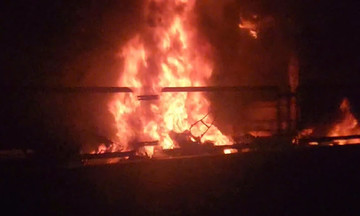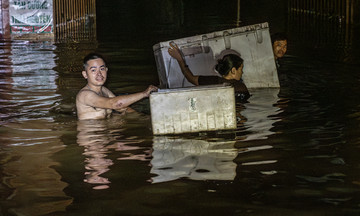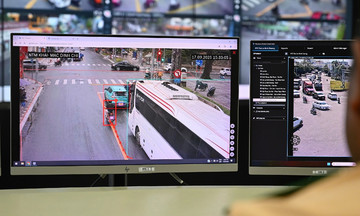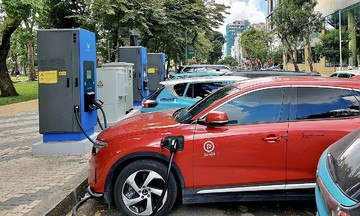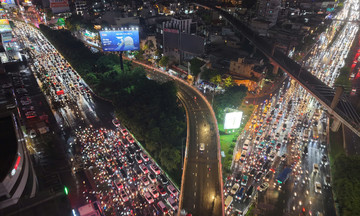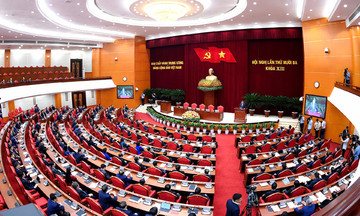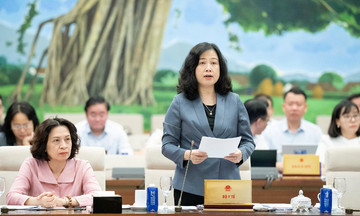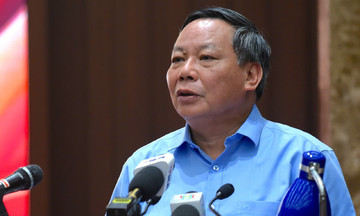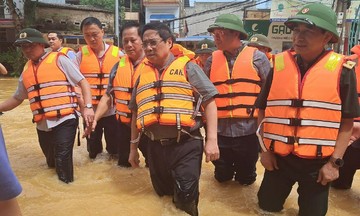Speaking on the morning of 16/9 about Resolution 59 of the Politburo on international integration in the new context, Mr. Trung emphasized Vietnam's comprehensive achievements in integration over the past 40 years of renovation.
Once isolated, Vietnam now has diplomatic relations with 194 countries and partnerships with 38, including all five permanent members of the UN Security Council. From a technologically underdeveloped agricultural economy, Vietnam has become one of the world's 32 largest economies. Its economic scale has increased almost 100 times since 1986, and per capita income has risen from under 100 USD to nearly 5,000 USD. Vietnam trades with 230 countries and territories, representing nearly 90% of global GDP, and is part of a network of 20 free trade agreements.
However, the acting Minister of Foreign Affairs suggested that the integration mindset in some sectors and localities remains simplistic and subjective, focusing on breadth rather than depth. The downsides of integration have not been adequately assessed or addressed. He cited the example of attracting foreign investment: Vietnam needs to prioritize advanced technologies over outdated ones, as technology is increasingly linked to competitiveness and national strength.
Resolution 59 outlines five guiding principles, defining international integration as a crucial and ongoing task, closely linked to national defense and security. It is a national endeavor involving the entire political system, based on leveraging internal strengths while effectively utilizing external resources. International integration is also defined as a process of both cooperation and struggle, with a mindset shifting from "requesting, joining, and participating" to "proactively contributing, building, and shaping."
The document emphasizes the principles of unwavering independence and self-reliance; multilateralism and diversification; prioritizing national interests; and combining national strength with the power of the times.
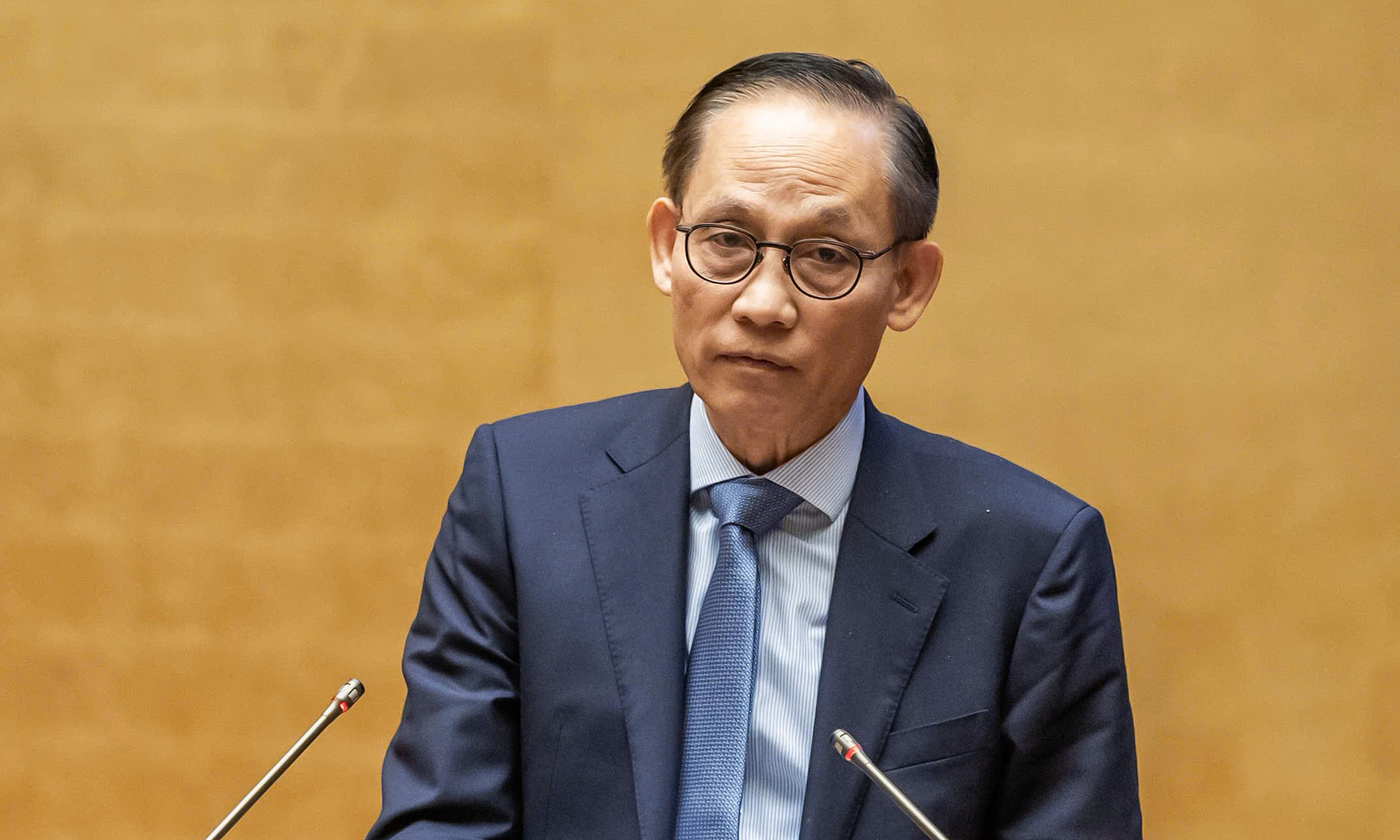 |
Acting Minister of Foreign Affairs Le Hoai Trung speaking at the conference on the morning of 16/9. Photo: Hoang Phong |
Acting Minister of Foreign Affairs Le Hoai Trung speaking at the conference on the morning of 16/9. Photo: Hoang Phong
By 2030, Vietnam aims to be among the top 40 countries in the Global Innovation Index, with at least 40% of businesses engaging in innovation. It also aims to become a leading destination for culture, sports, and tourism, ranking among the top 30 countries in tourism competitiveness. Vietnam will substantially achieve the UN's Sustainable Development Goals, elevate education and healthcare, and develop several major universities into top-tier institutions in the Asia-Pacific region and among the top 100 globally.
By 2045, Vietnam envisions becoming a developed, high-income country with enhanced international standing and prestige, actively contributing to global peace, cooperation, and development.
Mr. Trung stated that Vietnam aims to play a central role in regional and international cooperation mechanisms, focusing on ASEAN, the UN, and APEC. In 2027, Vietnam will host the APEC Summit. Later this year, it will chair an international conference on signing a UN agreement related to cybersecurity. Vietnam will also continue to campaign for and hold positions in important international bodies and increase its participation in UN peacekeeping forces.
The resolution also outlines tasks for expanding integration in culture, society, environment, and law. Vietnam will promote people-to-people exchanges, enhance its national image, and participate in addressing global issues such as climate change, food security, and water security. It will continue to review, adjust, and improve its legal system to align with international law and practices.
In science and technology, Vietnam will mobilize funding, share experiences, and develop an innovation ecosystem focused on artificial intelligence, the semiconductor industry, and startups, keeping pace with emerging trends in healthcare, education, and other fields.
"The Government has requested the National Assembly to improve legislation on integration and assigned the Ministry of Foreign Affairs to coordinate with agencies and localities to monitor, evaluate, and periodically report on implementation results," the acting Minister said.
Son Ha



